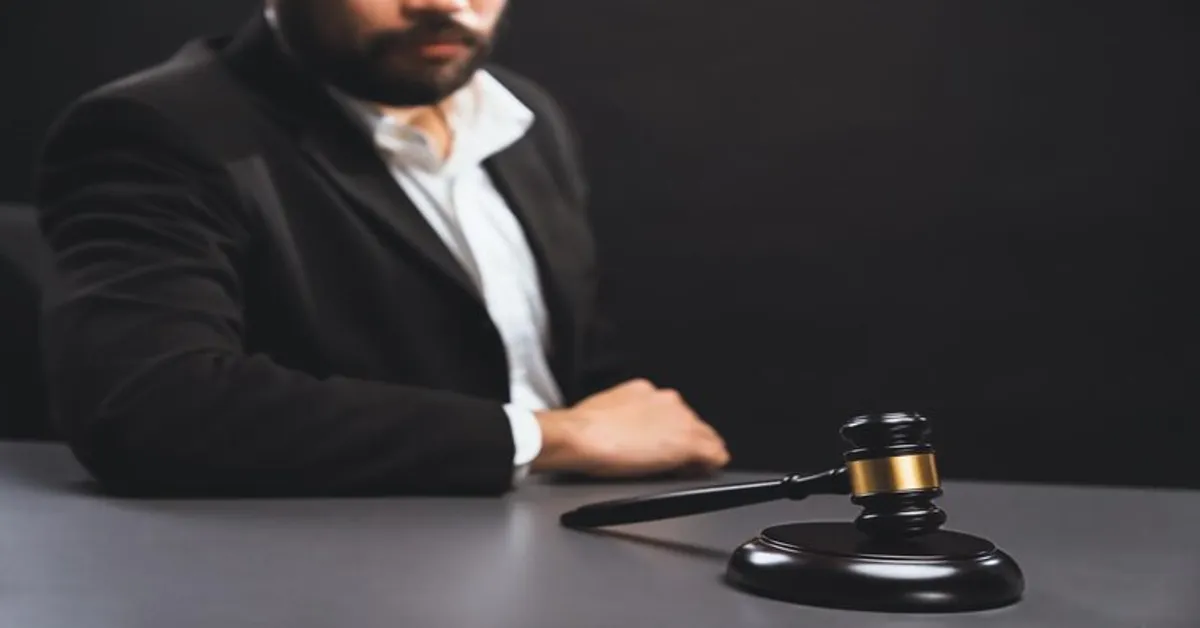Facing criminal charges can be one of the most stressful experiences in a person’s life. Whether you are accused of a misdemeanor or a felony, having a skilled criminal defense attorney can make the difference between a favorable outcome and severe penalties. A competent defense lawyer not only represents you in court but also protects your rights, negotiates on your behalf, and builds a strong case to ensure the best possible defense.
In this guide, we will cover the role of a criminal defense attorney, the types of cases they handle, how to choose the right lawyer, and what to expect during the legal process.
What is a Criminal Defense Attorney?
A criminal defense attorney is a legal professional who specializes in defending individuals and organizations charged with criminal offenses. Their primary role is to provide legal counsel, protect their clients’ constitutional rights, and ensure a fair trial.
Key Responsibilities:
- Investigating the case and gathering evidence.
- Representing clients during police questioning and court hearings.
- Negotiating plea deals to reduce charges or penalties.
- Defending clients in trials by presenting arguments and cross-examining witnesses.
- Advising clients on legal options and possible outcomes.
Types of Cases Handled by Criminal Defense Attorneys
Criminal defense attorneys handle a wide range of cases, from minor infractions to serious felonies. Below are some of the most common types:
1. Misdemeanors
- Disorderly conduct
- Shoplifting
- Trespassing
- Vandalism
2. Felonies
- Drug offenses (possession, trafficking, distribution)
- Assault and battery
- Theft and burglary
- Homicide and manslaughter
3. White-Collar Crimes
- Fraud and embezzlement
- Insider trading
- Identity theft
- Money laundering
4. DUI and Traffic Violations
- Driving under the influence (DUI/DWI)
- Reckless driving
- Hit and run
- Driving with a suspended license
The Legal Process in Criminal Defense Cases
Understanding the legal process is crucial when facing criminal charges. Here’s a step-by-step breakdown of what typically happens:
1. Arrest and Booking
- The accused is taken into custody.
- Mugshots and fingerprints are taken.
- Charges are formally filed.
2. Arraignment and Bail Hearing
- The accused appears before a judge.
- The charges are read, and a plea is entered (guilty, not guilty, or no contest).
- Bail may be set, allowing the accused to remain free until trial.
3. Pre-Trial Motions and Negotiations
- Attorneys file motions to dismiss or suppress evidence.
- Plea bargains may be negotiated to reduce charges.
4. Trial and Sentencing
- If no plea deal is reached, the case goes to trial.
- The defense presents evidence and cross-examines witnesses.
- If convicted, sentencing determines fines, probation, or jail time.
5. Appeals (If Applicable)
- If a conviction occurs, the defense can appeal for a reduced sentence or a retrial.
How to Choose the Right Criminal Defense Attorney
Selecting the right defense attorney is critical for a successful legal outcome. Here are some key factors to consider:
1. Experience and Specialization
- Look for attorneys who specialize in criminal defense.
- Check their track record with similar cases.
2. Reputation and Reviews
- Read client testimonials and reviews.
- Check ratings on legal directories such as Avvo, Martindale-Hubbell, and the state bar association.
3. Availability and Communication
- Ensure the attorney is accessible and responsive.
- A good lawyer keeps clients informed throughout the process.
4. Legal Fees and Payment Plans
- Discuss legal fees upfront to avoid hidden costs.
- Some attorneys offer flexible payment plans or flat fees for certain cases.
5. Initial Consultation
- Most attorneys offer free initial consultations.
- Use this opportunity to assess their knowledge and approach to your case.
The Importance of Hiring an Experienced Attorney
Hiring a knowledgeable criminal defense attorney can significantly impact the outcome of a case. Here’s why:
- Knowledge of the Law: A skilled attorney understands legal precedents, defenses, and loopholes.
- Negotiation Skills: They can negotiate reduced charges or plea deals.
- Courtroom Experience: Trial lawyers know how to present compelling arguments.
- Protection of Rights: Ensures that law enforcement follows due process.
Steve Cartisano: Wilderness Therapy & Controversial Legacy
Final Thoughts
A criminal defense attorney is your best advocate when facing criminal charges. Whether you are dealing with a minor offense or a serious felony, legal representation is crucial for ensuring a fair trial and protecting your future.
If you or a loved one needs legal assistance, consult a trusted criminal defense attorney as soon as possible. Don’t wait—your freedom and reputation may depend on it.
Frequently Asked Questions (FAQs)
1. When should I hire a criminal defense attorney?
As soon as you are arrested or believe you may be under investigation. Early legal representation can help protect your rights.
2. Can a criminal defense attorney get my charges dropped?
It depends on the case. If there’s insufficient evidence or procedural errors, charges may be reduced or dismissed.
3. How much does a criminal defense attorney cost?
Costs vary based on the complexity of the case. Some attorneys charge hourly rates, while others offer flat fees.
4. What is the difference between a public defender and a private attorney?
Public defenders are court-appointed for those who cannot afford private lawyers. Private attorneys often provide more personalized attention and resources.
5. What should I do if I’m falsely accused of a crime?
Remain calm, avoid speaking to law enforcement without an attorney, and gather any evidence that supports your innocence.









